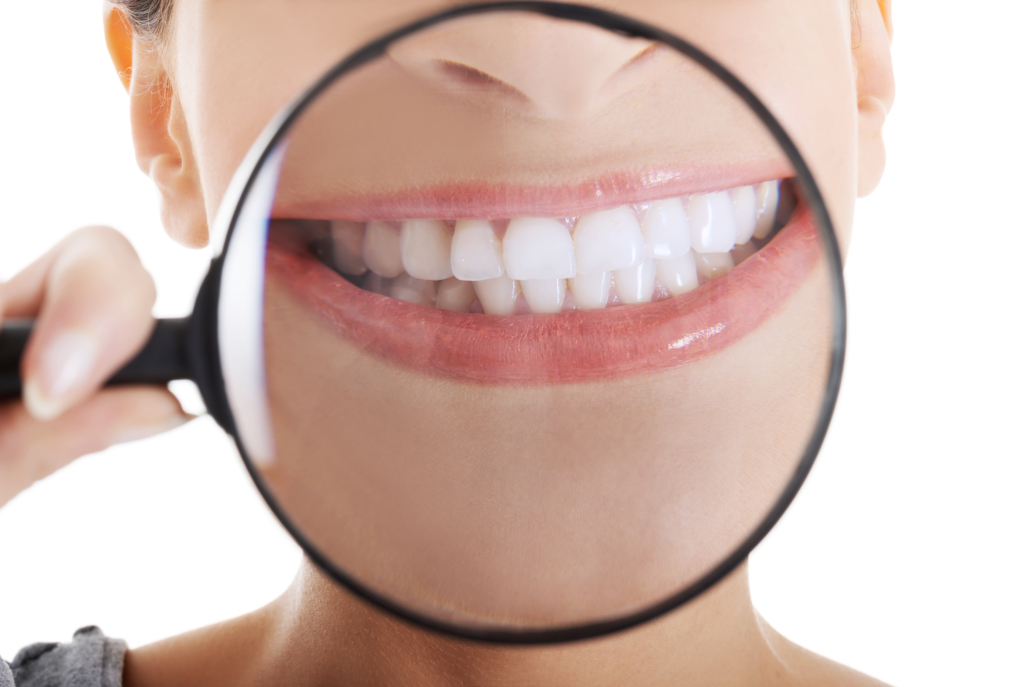Increasing the awareness in patients that better oral hygiene leads not only to a healthy mouth, but to a better condition of general health, is one of the fundamental objectives of every dentist.
Despite the information campaigns and constant awareness-raising activities by dentists, some oral diseases, such as caries and periodontitis, are still among the most widespread in the world, even if the attention towards dental care, especially in Western countries, is growing.
Caries and periodontitis: young people take better care of their teeth
Since 1993 the percentage of young people with decayed teeth has practically halved, from 70/80% of young people with caries to 30/35%, this is because awareness of dental care has increased. Today 70% of caries patients undergo conservative therapy, in 1993 the percentage was just 40%.

Unlike the older population, who still struggle to consider a healthy mouth as a priority for their overall health, younger people are showing greater sensitivity towards caring for their teeth.
The same condition is reflected in patients suffering from periodontitis, young people show greater attention to the prevention of periodontitis, while in the elderly the presence of periodontal pockets and damage to the periodontal ligament with consequent loss of teeth is found more frequently.
Healthy mouth: five good habits
By taking care of our oral health we can safeguard the well-being of our body. Maintaining a healthy mouth is possible by following simple daily habits.
Avoid sugars
If consumed frequently, sugars can be harmful not only to the teeth but also to the health of the organism. The damage due to the consumption of sugar is not related to the quantity, as many think, even a moderate quantity of sugar favors the proliferation of bacteria within the oral cavity.

Brush your teeth after each meal
The secret to a healthy mouth is to maintain proper oral hygiene. Remember to brush your teeth after each meal, never exceeding 30 minutes between meals and oral hygiene practices. Already after twenty minutes from the meal, the pH of the mouth becomes acid, making the oral cavity a favorable environment for the formation of bacterial plaque.
Preserve tooth enamel
Preserving tooth enamel is essential for a healthy mouth. Using a fluoride toothpaste can help strengthen tooth enamel; the advice of dentists is to use a toothpaste with a fluoride quantity of at least 1,000 ppm, so even reading the label is not a matter to be underestimated.
Use dental floss
Dental floss or an interdental brush help to achieve more effective oral hygiene. Dental floss allows us to clean even between the interproximal spaces of the teeth, where the toothbrush cannot reach and where it is much easier for bacteria and dental plaque to nest.
Take care of the health of the gums
Gum health is also key to maintaining a healthy mouth. Periodontal health is closely related to systemic diseases, those with periodontitis are much more likely to develop cardiovascular disease.
Diseased and infected gums can facilitate the spread of inflammation even systemically through the vascular system.
















